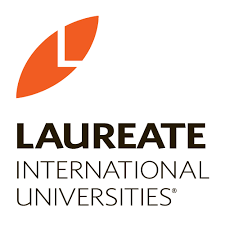
记忆方法
将“laureate”拆分为“laure-”(与“laurel”树冠或桂冠有关)和“-ate”(动词后缀,表示“使…成为”)。想象一位获得桂冠(laurel)的人被尊称为“laureate”,即被正式授予荣誉或成就的称号。这种方法通过将单词分解并与象征意义相结合来帮助记忆。
以上内容由AI生成, 仅供参考和借鉴
中文词源
laureate 桂冠诗人,获奖者
来自laurel,月桂树,象征着胜利,后用作最优秀的诗人的荣誉。
英语词源
- laureate (adj.)
- late 14c., from Latin laureatus "crowned with laurels," from laurea "laurel crown" (emblematic of victory or distinction in poetry), from fem. of laureus "of laurel," from laurus "laurel." Laureat poete first found in "Canterbury Tales" (form with the noun before the adjective, in imitation of Latin word order, is from c. 1400 in English); the first official one was probably Ben Jonson (1638), though the first recorded one was Dryden (1668). Extended to Nobel prize winners, 1947. As a noun, 1520s, from the adjective. Related: Laureateship.
权威例句
- 1. He was a Nobel laureate in physics.
- 他是一位诺贝尔物理学奖获得者.
- 2. For Holmes, society was Boston, the city of which he was poet - laureate.
- 对霍姆斯而言, 社会就是波士顿, 他是这个城市里的桂冠诗人.
- 3. For Holms, society was Boston, the city of which he was poet - laureate.
- 对霍姆斯而言, 社会就是波士顿, 他就是这个城市里的桂冠诗人.
- 4. He was awarded the poet laureate by the queen.
- 他被女王封为桂冠诗人.
- 5. The nation's pediatrician laureate is preparing to lay down his black bag.
- 全国最杰出的小儿科医生准备退休了.